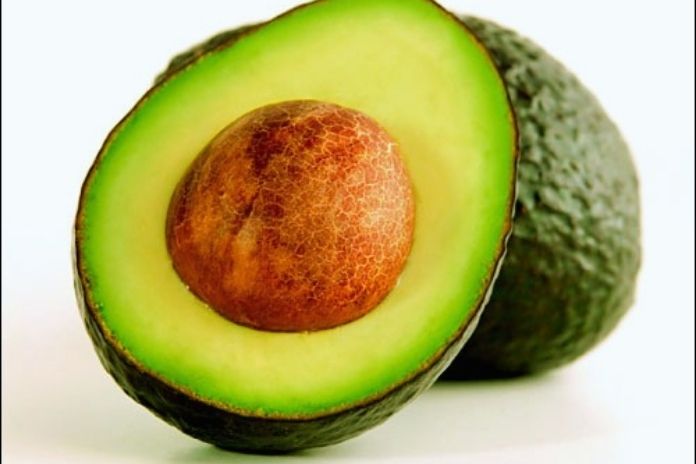When talking about raising cholesterol, what do you think of it? It’s probably something terrible for the body. Many people believe that cholesterol represents something negative for the body. Still, the truth is that it is not quite like that because there is the other side of the story, and it is possible to increase good cholesterol.
Cholesterol is a type of fat present in every cell in the body that performs essential functions. You may not know that maintaining satisfactory levels of cholesterol, also called high-density lipoprotein, which translates to high-density lipoprotein, or simply HDL, is essential for good health.
Why You Should Raise HDL Cholesterol
To keep your cholesterol under control, a healthy diet is essential.
Keeping cholesterol levels above 60 mg/dL can reduce the risk of cardiovascular diseases such as heart attack, stroke, and high blood pressure. Even if harmful cholesterol levels ( LDL ) are within the normal range, if your blood test identifies cholesterol in a low amount, you need to be aware of the health risks!
HDL also helps remove bad cholesterol that builds up in the arteries. Speaking of which, controlling bad cholesterol is equally essential; after all, it can lead to severe complications when the situation is considered alarming.
Seven Foods To Increase Good Cholesterol
Olive Oil
Consuming extra virgin olive oil, the type that has not undergone refinement processes, can help prevent the accumulation of fatty plaques in blood vessels. The liquid also controls total cholesterol in the body. Two scoops a day are enough to get the benefits.
Oats
Considered one of the best foods for heart health, when combined with water, oats help the intestines to eliminate excess fat that is harmful to the body. Eating cereal often can even optimize the elimination of bad cholesterol and triglycerides. You can include oatmeal in any meal, including a snack.
Antioxidant Foods
Foods rich in oxidants help reduce bad cholesterol in the blood.
Antioxidant properties can reduce bad cholesterol and give HDL a longer shelf life. In addition to this benefit, they also have fibers that clean the body and help eliminate fat through the feces. You might be thinking: what are antioxidant foods? Well, we’ve separated some fruits and vegetables with high antioxidant content that can help with the composition of your diet:
- Tomato;
- Carrot;
- Pumpkin;
- Orange;
- Melon;
- Papaya;
- Pineapple;
Pisces
Omega 3 is a nutrient that naturally regulates cholesterol levels. Fish like sardines, tuna, and salmon have a lot of this fat, which can be very beneficial for your overall health.
Avocado
Many people believe that avocados are fattening, but contrary to popular belief, the fruit is an excellent ally for the proper functioning of the cardiovascular system. Rich in unsaturated fats (the famous good fats), avocado has an anti-inflammatory and vasodilator effect that enhances blood circulation. It can be consumed in several ways: alone, in salads, vitamins, etc.
Beans
Beans and all seed varieties of plants in the Fabaceae family are very rich in soluble fiber. Because they take longer to digest, they bring a feeling of satiety for longer. This is why beans are recommended for people who want to lose weight.
Pisces
Eating fish two or three times a week can lower bad cholesterol by providing LDL-lowering omega-three fats. Omega 3 reduces triglycerides in the bloodstream and protects the heart by helping to prevent the onset of cardiac arrhythmia and other cardiovascular diseases.
What You Should Not Eat
As you’ve seen, food plays a super important role in increasing high-density lipoprotein. Everything you put on your plate can positively or negatively influence your health, so there are foods you should avoid to have cholesterol levels. Avoiding alcoholic beverages, fried foods, bacon, sausages (such as sausages), soft drinks, chocolates, and processed foods can be a good start.
Also Read: 7 Foods That Are Crucial For Weight Loss

